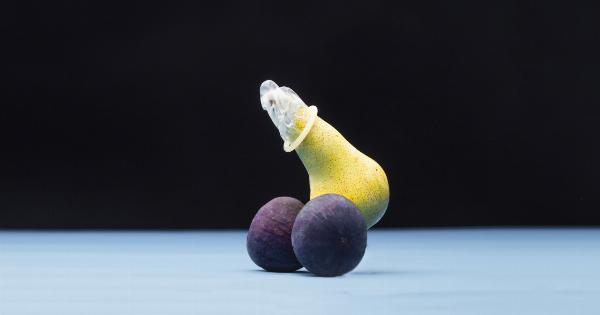Ovulation is a crucial part of the female reproductive system. Understanding what it is, how it works, and when it happens can help you in many ways, from increasing your chances of getting pregnant to avoiding unwanted pregnancies.
Here is a comprehensive guide that will provide you with all the information you need to understand ovulation.
What is Ovulation?
Ovulation is the process in which a mature egg is released from the ovary and travels down the fallopian tube, where it has the potential to be fertilized by sperm.
How does Ovulation Work?
Ovulation is controlled by a complex interaction of hormones, including follicle-stimulating hormone (FSH), luteinizing hormone (LH), and estrogen.
Beginning on the first day of your menstrual cycle, FSH stimulates your ovaries to produce follicles, each containing an egg. As the follicles mature, they produce estrogen, which inhibits the production of FSH and stimulates the production of LH. The surge in LH triggers the release of the mature egg from the follicle, a process called ovulation.
When does Ovulation Occur?
Ovulation typically occurs around day 14 of a 28-day menstrual cycle in women who have regular cycles. However, the exact timing of ovulation can vary widely from woman to woman and from cycle to cycle.
Factors that can affect the timing of ovulation include stress, illness, exercise, medications, and hormonal imbalances.
How can you Predict Ovulation?
There are several methods you can use to predict ovulation:.
- Calendar Method: This involves keeping track of your menstrual cycle and predicting ovulation based on when you typically ovulate each cycle. However, this method is not very reliable, especially in women with irregular cycles.
- Basal Body Temperature Method: This involves taking your temperature every morning before getting out of bed, as your basal body temperature rises slightly after ovulation. However, this method can be difficult to use, as other factors can affect your temperature.
- Ovulation Predictor Kits: These kits measure levels of LH in your urine and can help predict when ovulation is about to occur. However, they can be expensive and may not be accurate in women with certain hormonal conditions.
How can you Increase your chances of Getting Pregnant?
If you are trying to conceive, there are several things you can do to increase your chances of getting pregnant:.
- Have Sex During your Fertile Window: The fertile window is the time leading up to and including ovulation. Having sex during this time can increase your chances of getting pregnant.
- Maintain a Healthy Lifestyle: Eating a healthy diet, exercising regularly, managing stress, and avoiding tobacco, alcohol, and drugs can all improve your chances of getting pregnant.
- Consider Fertility Treatments: If you have been trying to conceive for over a year without success, you may want to consider fertility treatments like in vitro fertilization (IVF).
What are the Signs of Ovulation?
Some women may experience physical symptoms during ovulation, including:.
- Changes in Cervical Mucus: During ovulation, cervical mucus becomes thin and slippery, resembling raw egg whites.
- Lower Abdominal Pain: Some women may experience a mild ache or cramping in the lower abdomen during ovulation.
- Breast Tenderness: Some women may experience breast tenderness or swelling during ovulation.
What are the Risks of Ovulation?
Ovulation itself is not a risk, but the consequences of ovulation can be. Women who do not wish to become pregnant may be at risk for unintended pregnancy if they do not use contraception during their fertile window.
Women who wish to become pregnant may experience fertility problems if they do not ovulate regularly or produce healthy eggs.
Conclusion
Ovulation is a complex and essential part of the female reproductive system. Understanding what it is, how it works, and when it happens can help you achieve your reproductive goals, whether that is avoiding pregnancy or getting pregnant.
By using the methods outlined in this guide, you can predict ovulation and take steps to increase your chances of conceiving.































